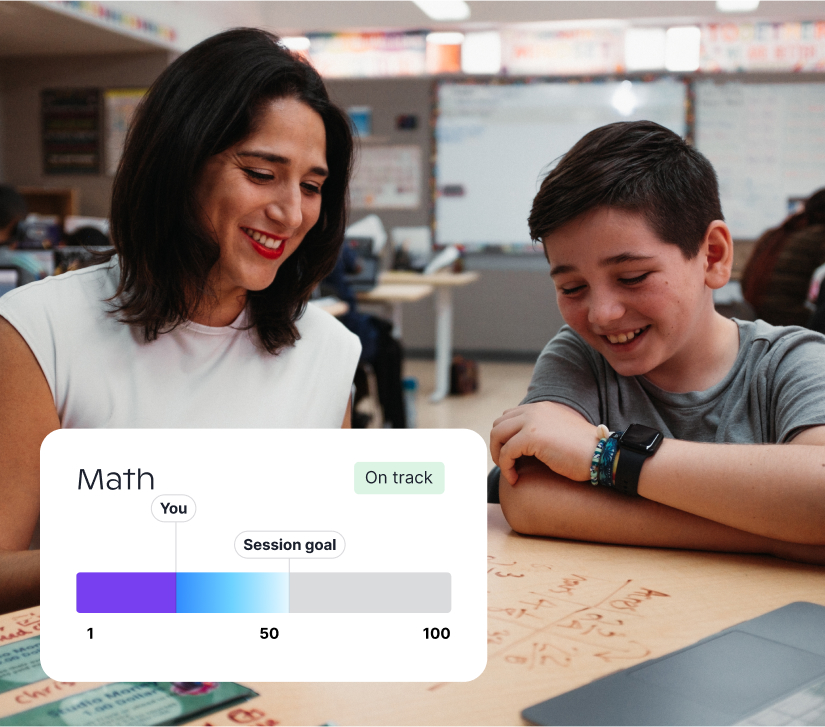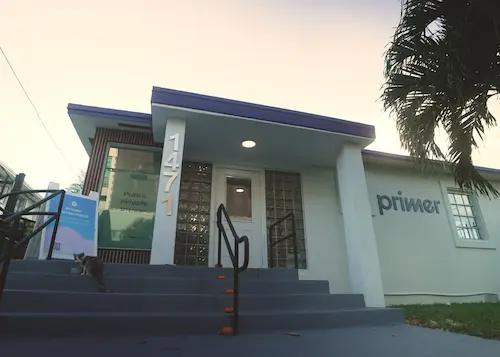


Education, reimagined



An independent school that focuses on small-group, student-centered learning
Students work on core academics in small group settings, which allow for a more personalized experience and a stronger sense of community.
Mixed-age learning environments foster mentorship and social skills and prepare students for the real world. Primer kids are grouped by grades K-2, 3-5, and 6-8.
Our educators are not just teachers; they are leaders who inspire a love for learning, nurture individual talents, and create an environment where curiosity thrives.
Explore our Microschools
Primer is a growing community of students, parents, and educators, currently located in Florida and Arizona.
Find a SchoolA partner to
parents
School should never feel like a black box, which is why we are your ally in education. Primer ensures you can:



Education
for everyone
We believe that every child should have access to a high-quality education, regardless of their family’s finances. Our personalized tuition model ensures that an education at Primer is in reach for every family.
Begin your journey at Primer
Fill out the information form, and learn more about joining a Primer Microschool.













